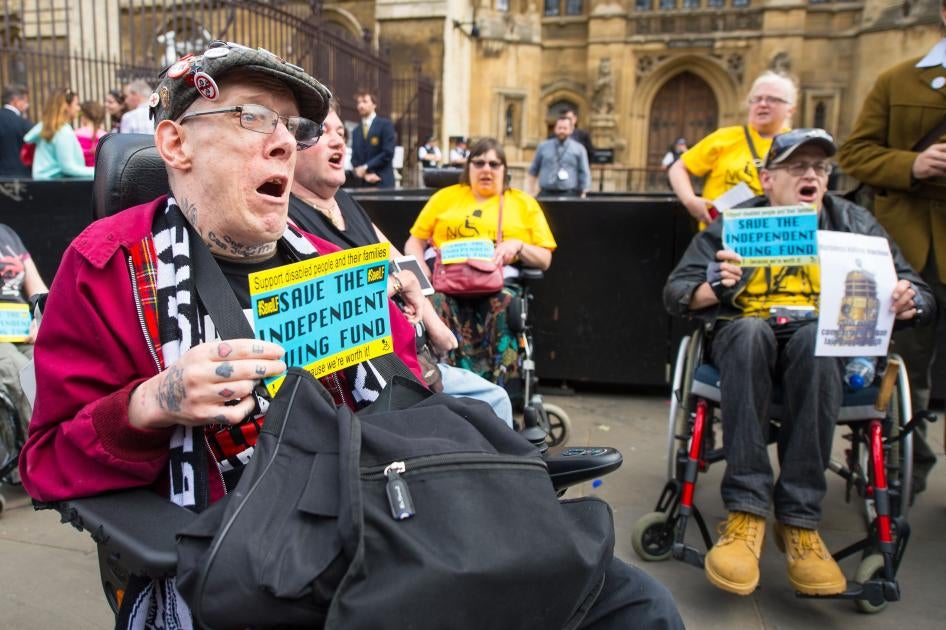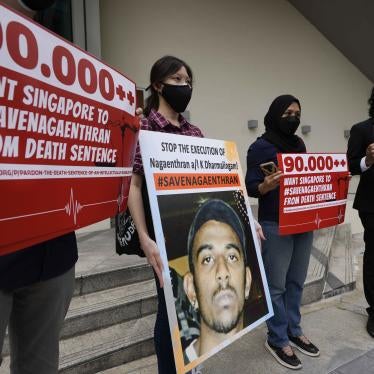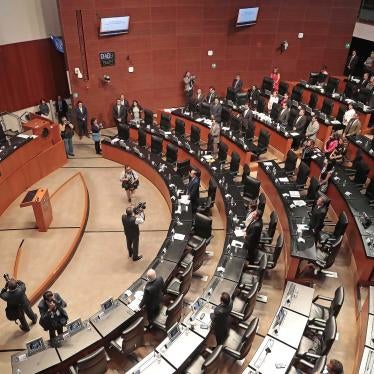There is a mantra in the disability rights community: “nothing about us without us.” In a recent consultation about changing human rights laws – including those protecting people with disabilities – the United Kingdom’s Ministry of Justice is doing just the opposite.
A December 2021 consultation, proposing fundamental changes to the cornerstone Human Rights Act, excluded people with disabilities. Information accessible to some people with disabilities about the consultation was not made available until the eve of the deadline, excluding and marginalizing people with disabilities.
Whatever your views on the merits of the government’s project to “reform” the Human Rights Act – Human Rights Watch sees it as deeply flawed – the way this exercise has treated some people with disabilities is symptomatic of the disregard the government actually has for people’s rights, despite its lofty statements.
Official data show 14 million people in the UK – one in five – have a disability. Like everyone, they should have a say when the government seeks changes to how their rights are protected. After being challenged by people with learning disabilities and communication needs and allies, including an open letter Human Rights Watch signed, the ministry published easy-to-read and audio versions a day prior to the initial deadline for response.
Easy-to-read versions can be helpful for people with intellectual disabilities. An earlier “easy-to-read” version published on February 24 lacked images, a key feature in making document more accessible. Even now, the government doesn’t meet the standards set out in its own guidelines.
The government has now said it will grant people who require an easy-to-read or audio version six more weeks to respond. There is still no method to submit a non-text response.
The UK, as a party to the Convention on the Rights of Persons with Disabilities, should ensure people with disabilities are not discriminated against on the basis of their disability and are provided with reasonable accommodations, including a variety of communication formats, support to submit responses, and adequate time.
People with disabilities must be more than an afterthought that the government seeks to address with belated, insufficient gestures. Their rights are at stake during this exercise, and in whatever outcome the process delivers.











